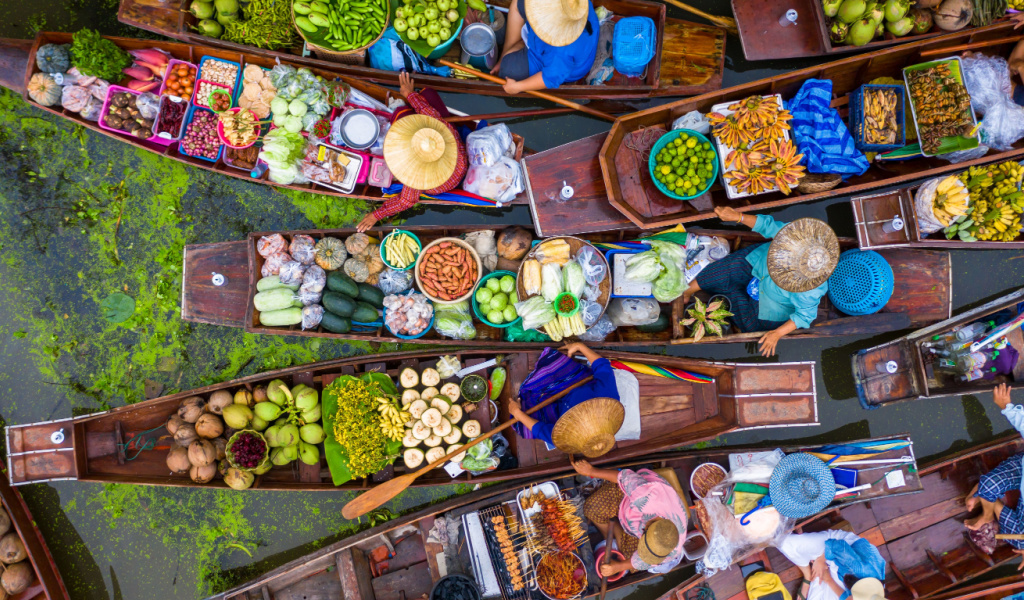Whether you’re traveling for work or vacation, whether it’s somewhere close to home or halfway across the world, there’s no denying that being in a new place puts you outside of your comfort zone. Exposure to unfamiliar environments, food, and people can increase your risk of falling ill. According to the Journal of Travel Medicine, crowded spaces such as airports can make you more vulnerable to germs and viruses. This is sure to put a damper on your trip!

But it’s not a lost cause. You don’t have to resort to waiting for that inevitable cold or flu. Instead, you can do a few things before and during your trip to ensure that your body is healthy and that you do not fall sick. Here are some of them:
Consult Your Doctor
It’s a good idea to book an appointment with your healthcare professional before embarking on your journey. A checkup will help you diagnose any health issues that need to be taken care of so you don’t end up blindsided by illness in a foreign place.
In general, it is advisable to get a flu shot at least two weeks before your date of travel. For other vaccinations, you may want to get them even further before to give yourself enough time to recover from any side effects. Your doctor will also be able to advise you on vaccinations you need to take or medicines you need to carry, depending on the destination. Speaking of medication, it’s wise to have a first aid kit that includes over-the-counter drugs for common problems such as colds, body pain, headache, nausea, motion sickness, etc.
Wash Your Hands
If the Covid-29 pandemic has taught us anything, it’s that washing your hands is one of the most effective ways to protect yourself from bacteria and viruses. Germs live on all surfaces, whether they appear visibly dirty or not. You may not think you can fall sick by grabbing the armrest on your airplane seat, but if a sick person touched it before you, the germs would have transferred to your hand. Then, all it takes is you touching your eyes, mouth, or nose to make you fall sick!
The best way to combat this is to wash your hands, including under your fingernails, with soap and water. Once done, use a paper towel or tissue to turn off the faucet or open door handles. You can carry alcohol-based sanitizers or disinfecting wipes to use when you don’t have soap and water at your disposal. Avoid standing too close to others whenever possible, especially if they appear sick. And most importantly, avoid touching your eyes, mouth, or nose as a habit!

Stay Hydrated
You should always drink plenty of water, but it is especially crucial during travel. Dehydration can lead to feelings of fatigue, anxiety, and nausea – all of which are not ideal. Dehydration can also make you more susceptible to bacteria and viruses by drying out the mucous membranes in your nose, which are a part of your body’s natural defense against foreign pathogens.
Drinking lots of water is all the more important during air travel because airplane cabins are typically low in humidity and extremely dry. As for your choice of beverage, it’s best to avoid or limit the consumption of alcohol or caffeine, as they can cause spikes of hormones in your body. As always, water is your best friend! Make sure to carry a bottle with you everywhere because you might not be able to find clean drinking water on the go.
Prioritize Rest
It’s exciting to travel, and you might want to see and do everything you can while you’re there. But, if you do not get enough sleep and rest, this will wear down your body and make your immune system far more vulnerable. According to the Mayo Clinic, your risk of falling ill is heightened when you get insufficient sleep.
Try to get at least 8 hours of sleep the night before your trip and maintain a regular sleep schedule while there. You can pack an eye mask and earplugs to get quality shut-eye while in transit.
Watch What You Eat
Trying new foods is one of the most exciting aspects of traveling, but unfortunately, it is also one of the easiest ways you can fall sick. You don’t have to avoid new foods entirely, but you can take a few precautions to ensure that you stay healthy.
Start the day with a nutritious and filling breakfast, and carry a water bottle with you everywhere. Avoid raw fruits and veggies when eating out, especially those served with the peel. As for meat and seafood, ensure that they are cooked through before consuming them, especially if they are sold by smaller, independent vendors. You may also want to avoid dairy products that street vendors sell, as they may have been left out in the sun. It’s also best to minimize your consumption of alcohol and caffeine on the go.
You can purchase some fruits from a nearby grocery store or make a peanut butter and jelly sandwich as a snack. You can also carry some familiar snacks from home, such as freeze-dried fruit, jerky, roasted chickpeas, or nuts.



